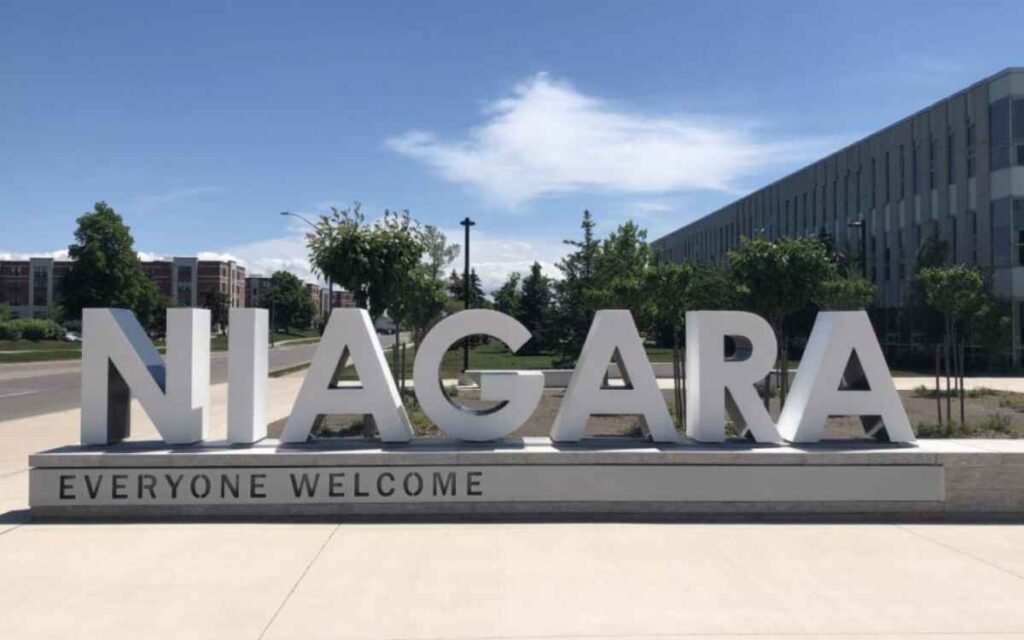
Officials estimate the average household will see a $7.40 increase in their water bill each month. Pictured: Niagara Regional Council. Photo Credit: Niagara Independent.
Niagara Region will be hitting taxpayers with significant water bill increase after the budget committee voted to approve a 12.27 per cent 2025 budget increase for water and wastewater.
The increase is necessary, according to officials, because of deteriorating infrastructure.
Beth Brens, Niagara Region’s associate director of budget planning and strategy, sought to justify the increase to budget committee members.
“As a result of underfunding in previous years, we have a large amount of extremely old infrastructure,” said Brens. “The reality is that our substantial backlog has to be addressed today.”
“We can’t risk the potential of our assets deteriorating to the point of failure.”
Water and wastewater assets represent over half of the Region’s assets, according to Brens.
The water net budget will increase to $57.1 million, which is $3.8 million higher than 2024.
The wastewater net budget will increase to $116.5 million in 2025, which is $15.2 million higher than 2024.
The impact of these water and wastewater budget increases might vary based on lower-tier municipalities within Niagara Region.
The Region is a wholesaler to all 12 lower-tier municipalities, who then have to incorporate the water and wastewater costs into the bills they charge residents.
Regional Councillor and Niagara-on-the-Lake Lord Mayor Gary Zalepa asked officials for details about how the Region planned to divvy up the increase amongst lower-tier municipalities.
According to officials, any amount of water and wastewater used is recorded, and those numbers are then used to calculate the cost burden for each lower-tier municipality.
While there will be some variation by lower-tier municipality, Brens estimates the average household will see a $7.40 increase in their water bill each month.
Still, Brens says even this increase won’t solve the Region’s problems. According to Brens, the current infrastructure backlog will double over the next decade if things continue as they are.
The current problems have been caused, according to Brens, by multiple years of lessening budget increases to try to meet affordability concerns.
To add to the Region’s problems, Brens also says that water and wastewater reserves remain chronically underfunded. Reserves are meant to cover one-time spending that often occurs due to emergencies.
The wastewater reserve in particular is quite low, at just $100,000. Region officials estimate a healthy reserve ought to be in the $8 million to $12 million range.
Multiple councillors expressed concern with this state of affairs, which helped encourage many to vote for the significant budget increase.
Officials also noted they are working on a broader plan to address aging water and wastewater infrastructure, a plan that will be worked on further earlier next year. That could mean even more taxes.
The approved budget also includes funding for 20 new staff members, including project managers, maintenance staff, operators, analysts, lab technicians, and security.
Regional councillors voted overwhelmingly in favour of staff’s recommendations.

Jay Goldberg is the Ontario Director at the Canadian Taxpayers Federation. He previously served as a policy fellow at the Munk School of Public Policy and Global Affairs. Jay holds a Ph.D. in Political Science from the University of Toronto.




















